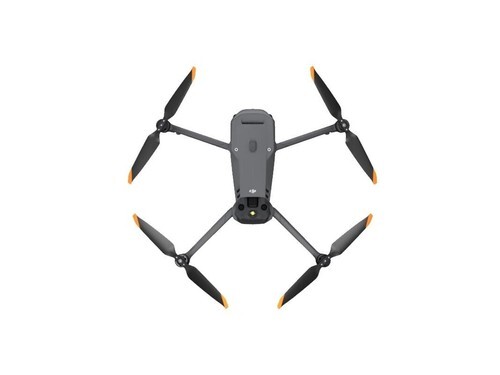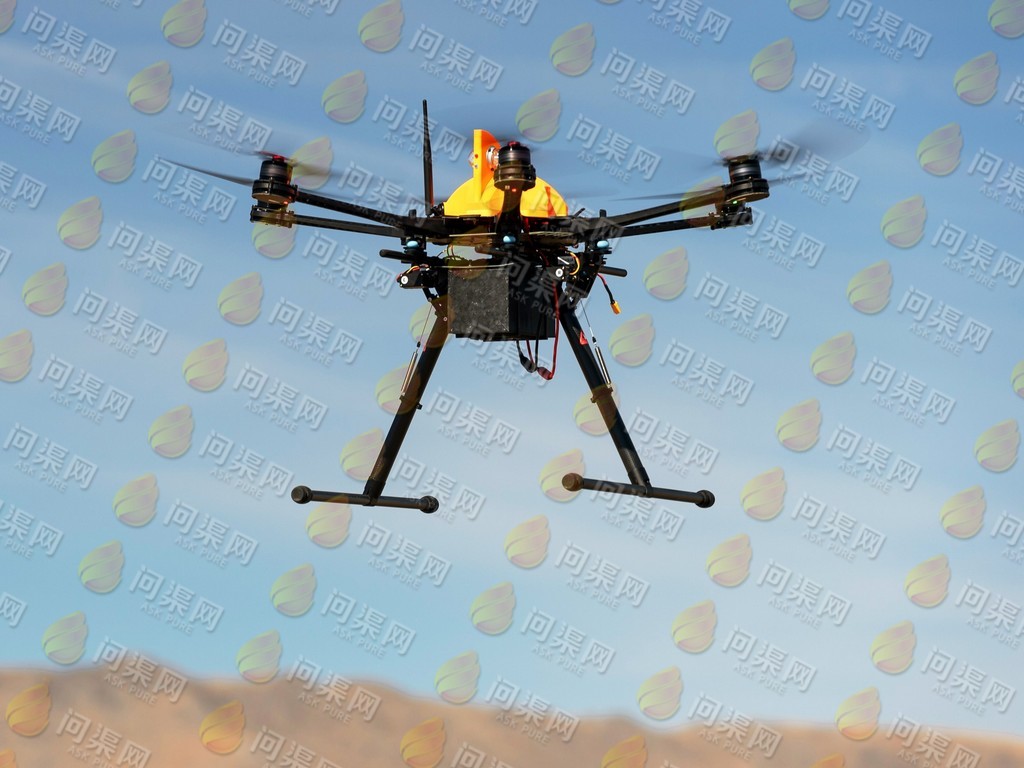In recent years, the movement to ban DJI drones has gained momentum due to increasing concerns surrounding security and privacy issues. DJI, a popular brand dominating the drone industry, faces scrutiny as governments and organizations question the safety of using their products. This article delves into the reasons for banning DJI drones, their implications, and the debates that follow.
Understanding the Concerns and Reasons

DJI drones are widely used across various sectors, including photography, agriculture, and surveillance. However, the rising apprehension regarding data security has led to calls for a ban. Critics argue that DJI drones pose potential threats, as they may collect sensitive data that could be accessed or exploited by foreign entities. National security concerns are at the forefront of this movement, particularly in regions where geopolitical tensions are high.
One significant aspect fueling the movement is the geopolitical landscape, particularly between China—a country where DJI is based—and other nations. Several governments suspect that the technology could be used for espionage, given its sophisticated data collection and transmission capabilities. The fear that information obtained through these devices could be compromised or used against countries’ interests has led to a defensive stance among policymakers.

Impact on Industries Using DJI Drones
The ban on DJI drones could substantially affect industries reliant on drone technology. In agriculture, drones provide precision farming techniques that enhance productivity. Professionals in film and photography utilize DJI drones for capturing aerial shots, benefiting from their advanced camera systems. If restrictions intensify, these sectors may need to seek alternative solutions, requiring investments in other technologies.
Furthermore, small businesses and hobbyists might experience limitations in their creativity and operational capabilities, as DJI drones are renowned for their affordability and ease of use. The ramifications of such a ban would necessitate a strategic overhaul for many, shifting focus towards acquiring equipment from trusted, non-controversial manufacturers.
Debates and Counterarguments
While security concerns are valid, those opposing the ban argue that with proper regulations and protective measures, DJI drones could safely operate without compromising security. Proponents suggest implementing stringent data security protocols and audits to ensure compliance and protect sensitive information.
Furthermore, many acknowledge the technological advancements and benefits that DJI drones bring to industries and individual interests. Censoring these innovations may stifle progress, a factor pushing advocates to propose balanced strategies over outright bans.
Another counterargument rests on the economic impact of banning such a significant market player. DJI’s presence in the drone industry contributes to economic activities, and enforcing such drastic measures might result in financial setbacks for businesses globally.
Future Prospects and Regulatory Measures
Exploring alternate solutions could involve a collaborative approach between DJI and regulatory bodies, ensuring products adhere to security standards. Additionally, developing local technologies and brands may provide reliable alternatives, fostering healthy competition and innovation in the market.

FAQs and Further Questions
Q1: Are there alternatives to DJI drones?
A: Yes, there are several manufacturers offering competitive drones with robust security features, including Parrot, Skydio, and Yuneec.
Q2: How could a ban affect personal and commercial drone usage?
A: A ban could limit accessibility and affordability for users while requiring industries to adapt to new technologies and incur additional costs.
Q3: Can DJI improve its data security measures to avoid bans?
A: DJI can enhance protocols, collaborate with governments, and undergo regular evaluations to ensure compliance and mitigate security concerns.
